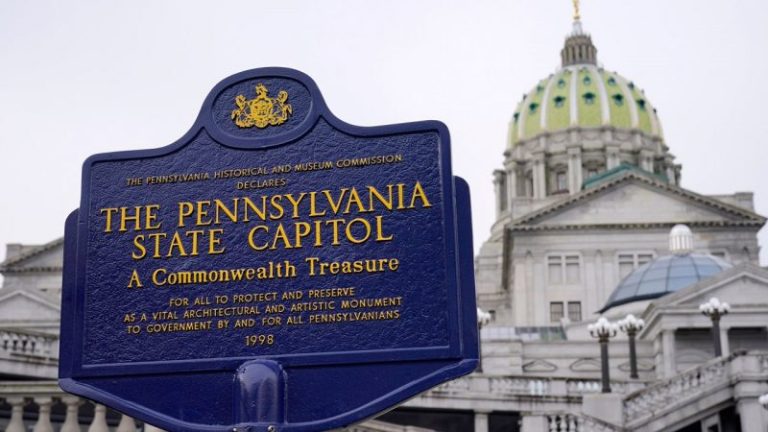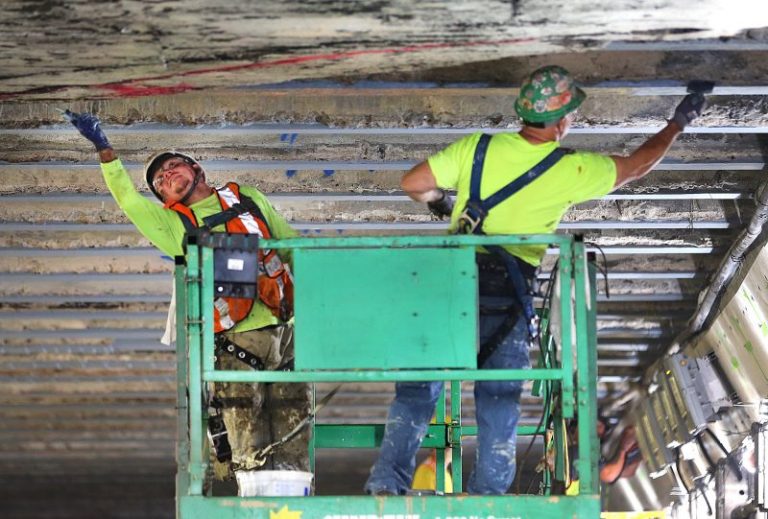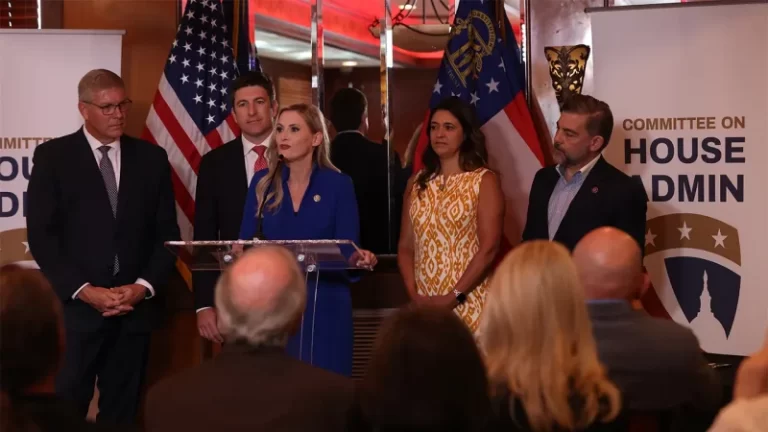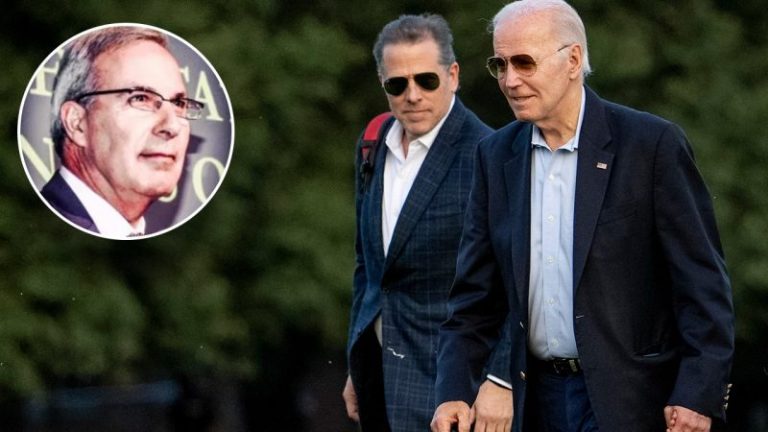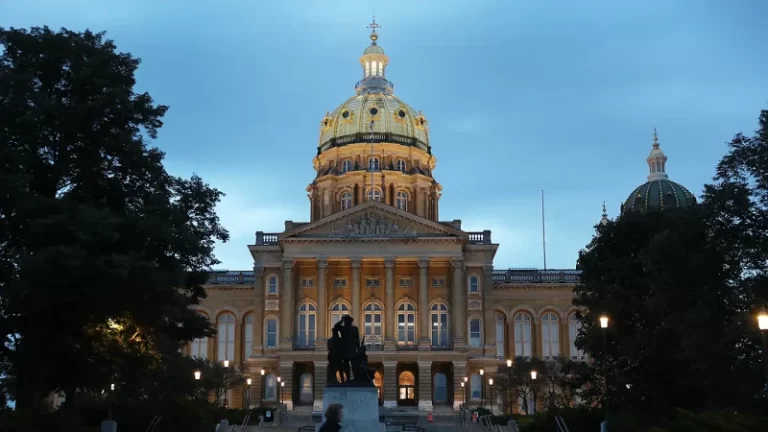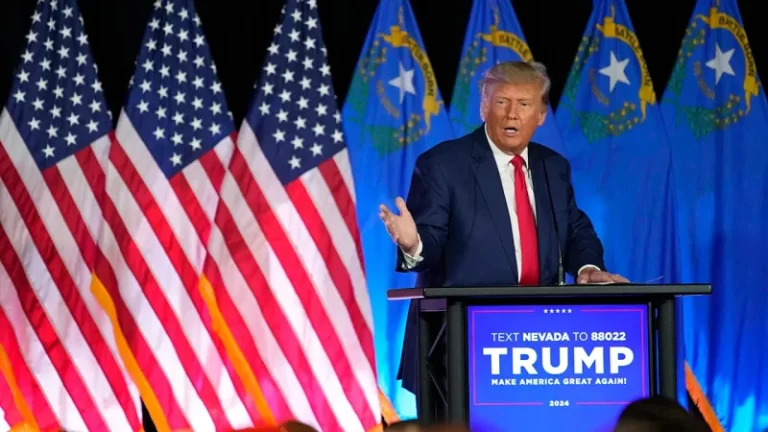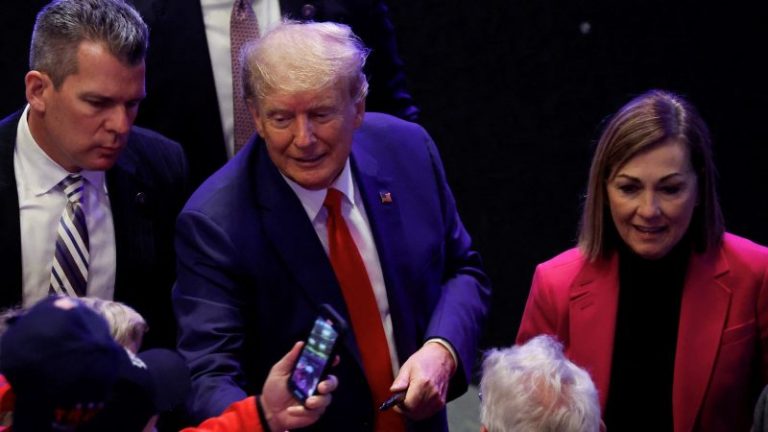A partisan dispute about funding for three of Pennsylvania’s state-related universities may mean higher tuition for in-state students as a budget impasse continues further into the summer.
The state government approached two weeks without full spending authority on Tuesday, while loose ends remained untied. Snarled in limbo is funding for three Pennsylvania universities that receive state subsidies — Penn State, the University of Pittsburgh and Temple. Gov. Josh Shapiro and his Democratic allies have supported raising state aid to the three schools by 7% to $623 million, collectively.
Republicans, however, have balked. House Republicans repeatedly rejected efforts to approve the aid in recent weeks, complaining that the schools are too willing to raise tuition and saying they would prefer to send money to students, not the institutions.
As a whole, the dispute over approving a final spending plan shows no signs of ending quickly. Senate Majority Leader Joe Pittman, R-Indiana, sent a letter on Tuesday to his counterpart in the House about the amount of work that still needs to be done, placing the onus on the Democratic-controlled House to do so.
The House and Senate both approved a $45 billion spending plan for the fiscal year, but an administrative task — signing the bill on the floor of the Senate — is keeping the legislation from going to Shapiro’s desk.
Senators aren’t due back until September, and Pittman said the chamber ‘sees little value in returning to session’ to give final approval to the plan without the legislation to direct how money in the budget bill can be spent.
The uncertainty about state aid has thrown a wrench into the universities’ own budget planning and could result in the very thing that Republicans have criticized the schools for: increased tuition costs for students.
In a statement, Penn State said its leadership was disappointed the bill failed to pass the House. The state funding supports the university’s 40,000 in-state students, ‘which thousands of Pennsylvania students and their families rely on each year,’ a spokesperson said.
Hari Sastry, senior vice chancellor and chief financial officer for the University of Pittsburgh, said the entire state subsidy goes to an in-state discount for Pennsylvania students, impacting about 17,000 students and about $16,000 for undergraduates.
‘That is a pretty large bit of uncertainty that they’re going to have to plan around,’ he said. ‘We can’t obviously wait until September to do things like set tuition rates. So, we’re going to have to figure out what that interim looks like.’
Sastry can’t recall a year where the Legislature did not grant any money to the universities, but it wouldn’t be the first time funding for the schools has come late. This year, he said, inflation is creating more stress on families and the university.
‘It’s a very different situation right now, I think, than what we’ve seen before,’ he said.
By just about every measure there is, Pennsylvania has some of the highest student debt and lowest affordability of its colleges compared to other states. Some education advocates blame lawmakers for the lack of sufficient higher education aid.
<!–>
–>

